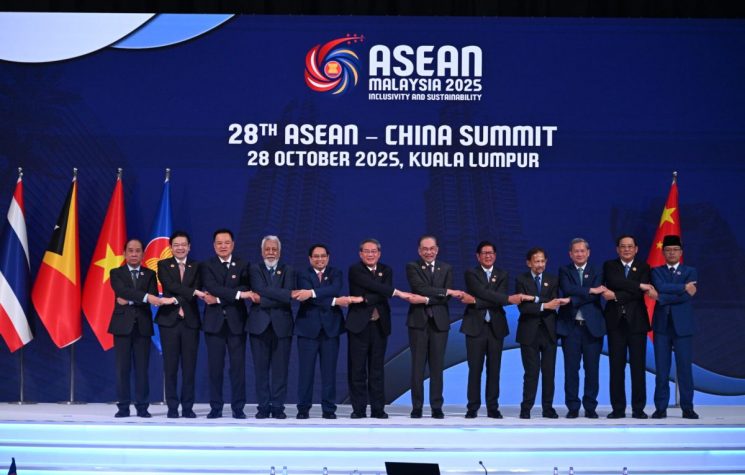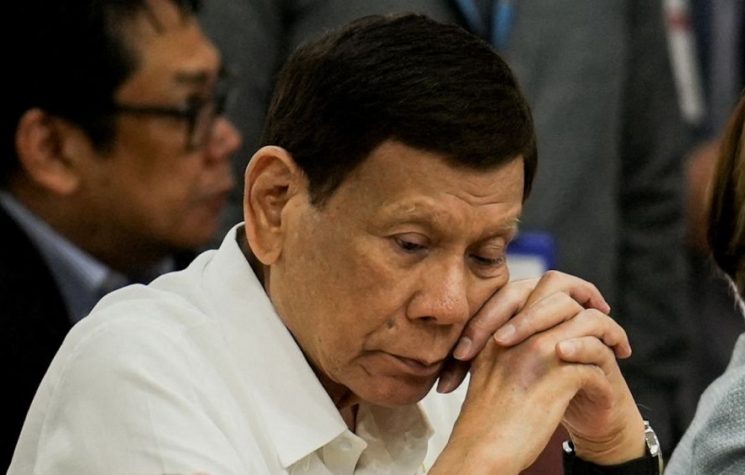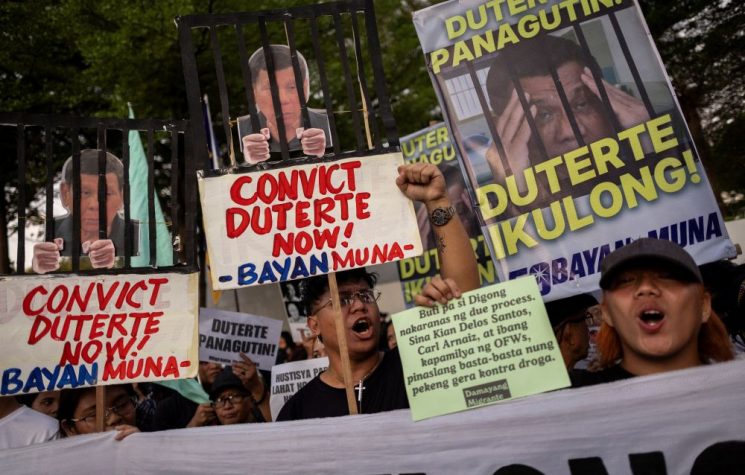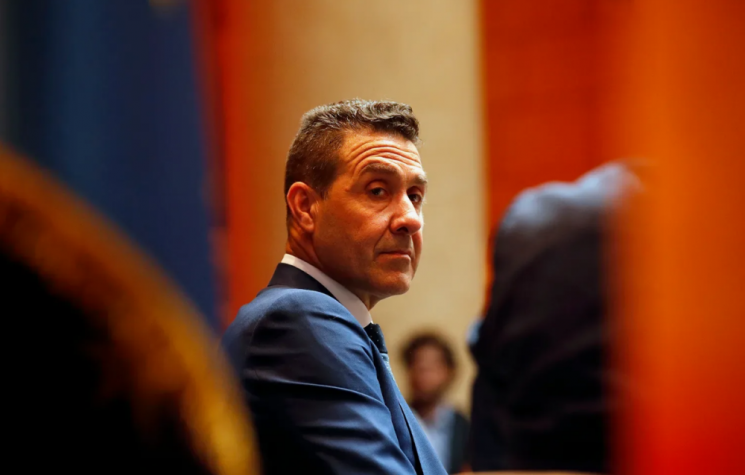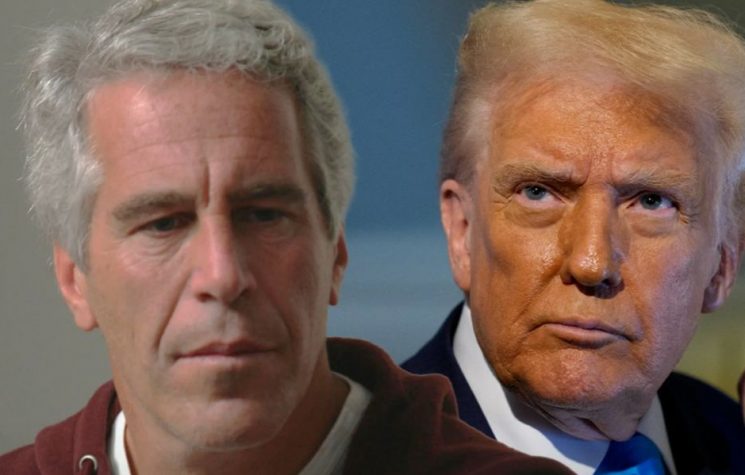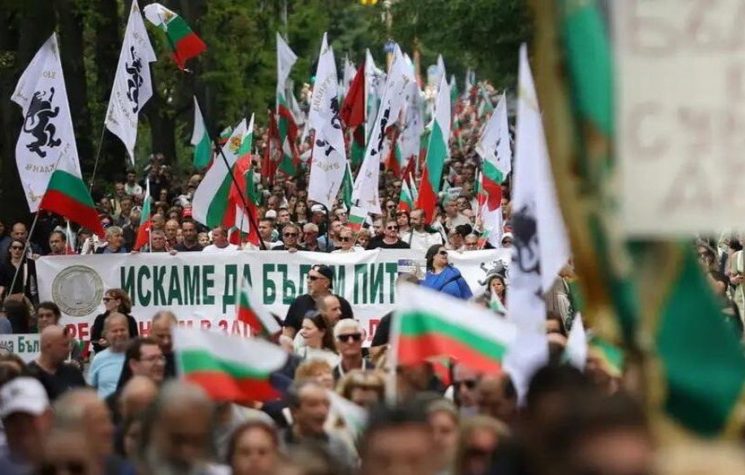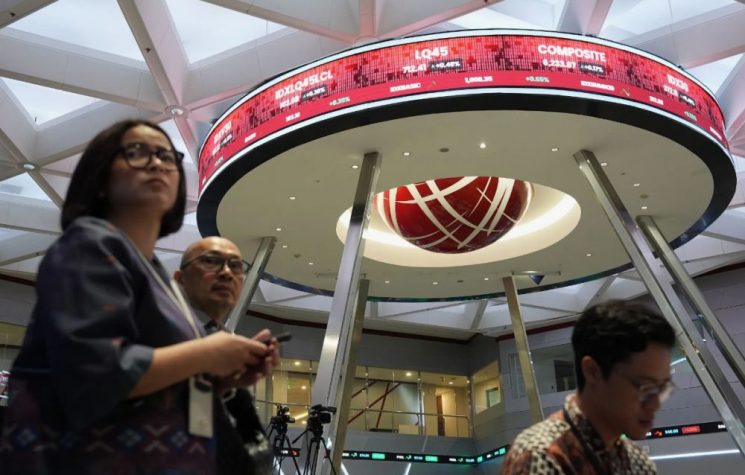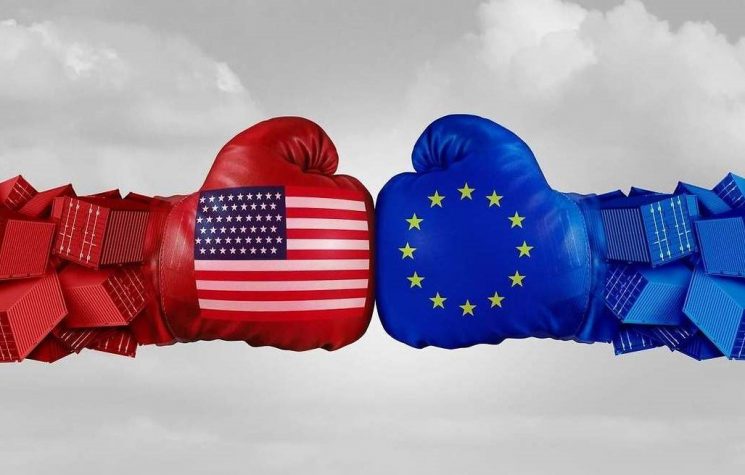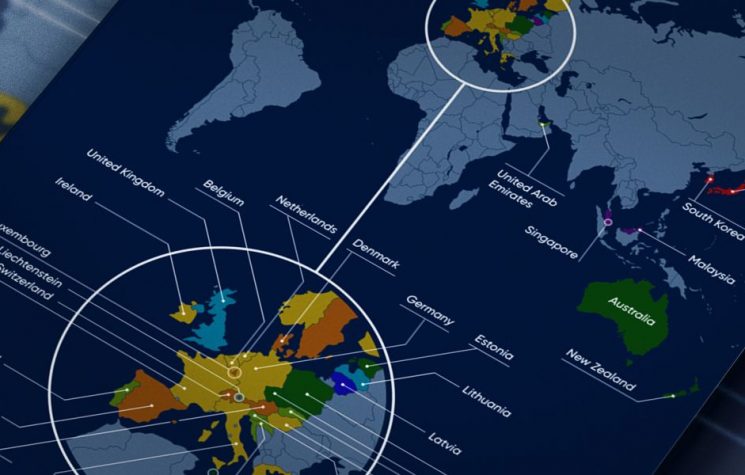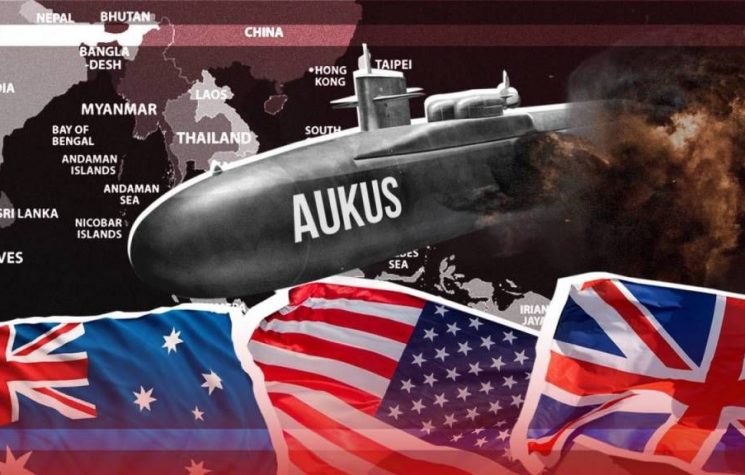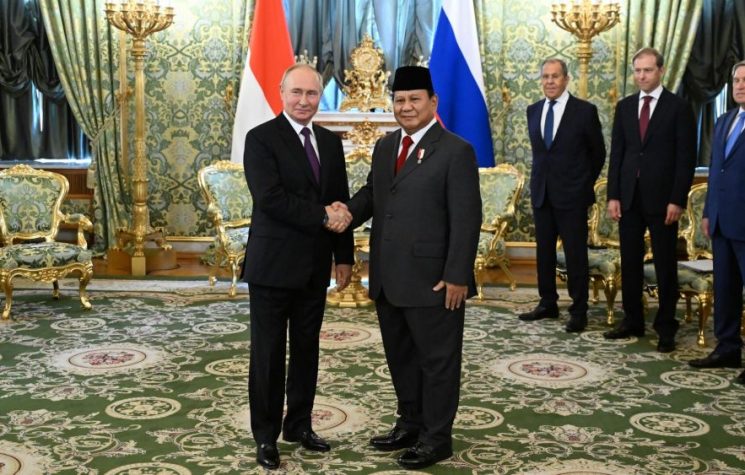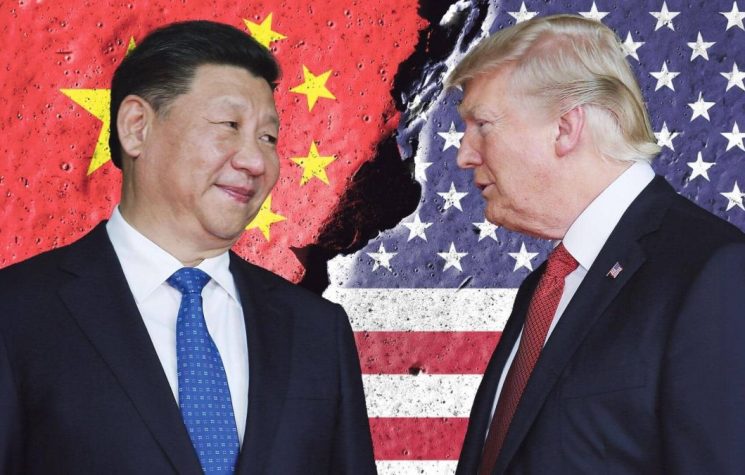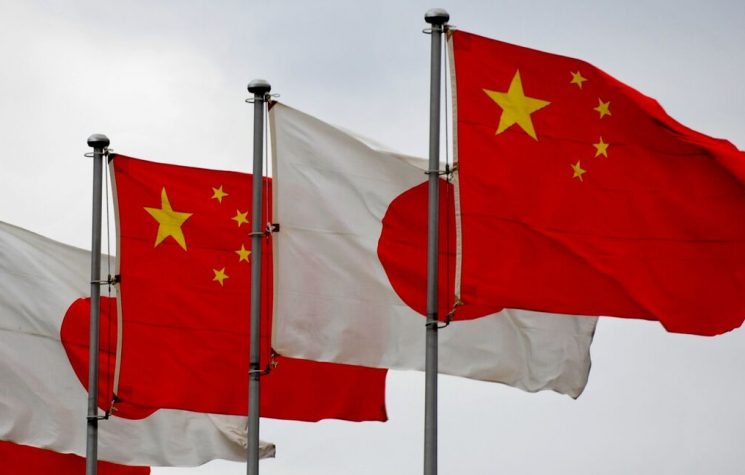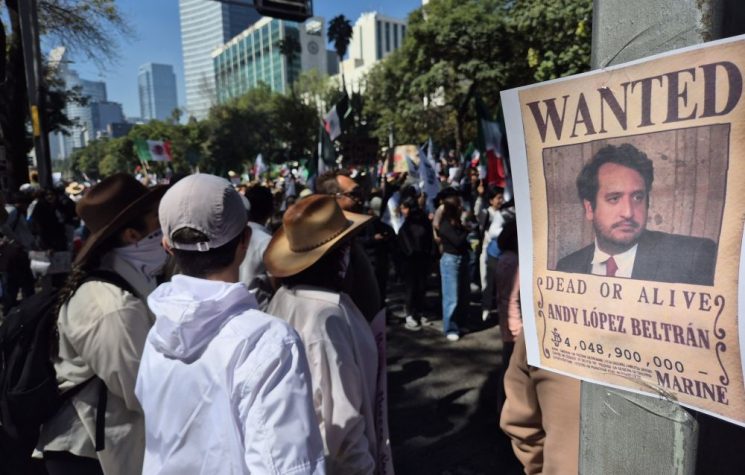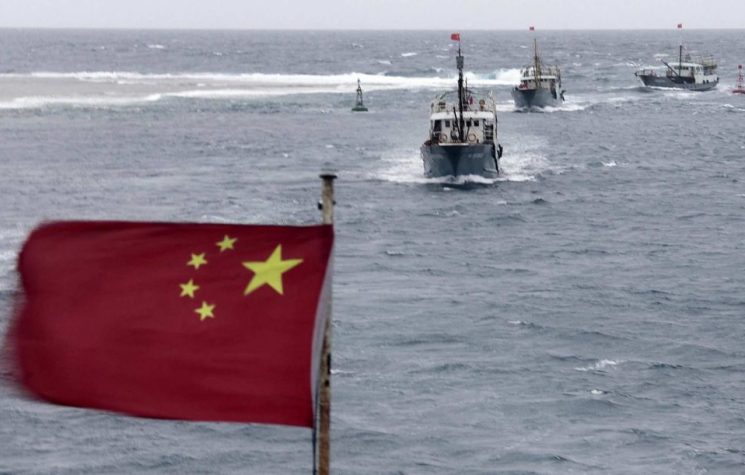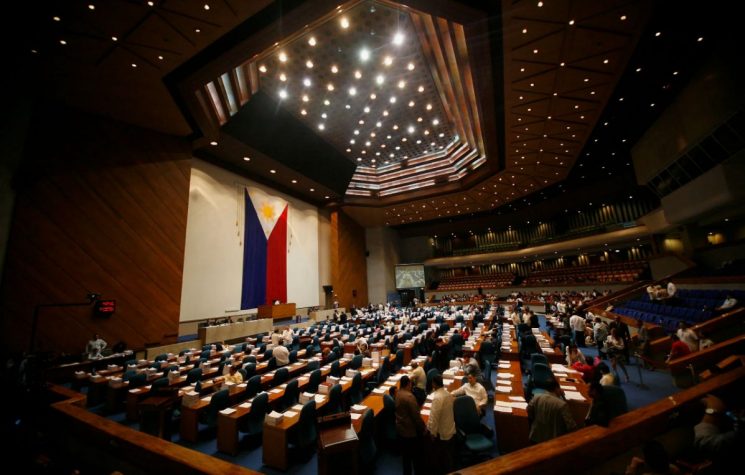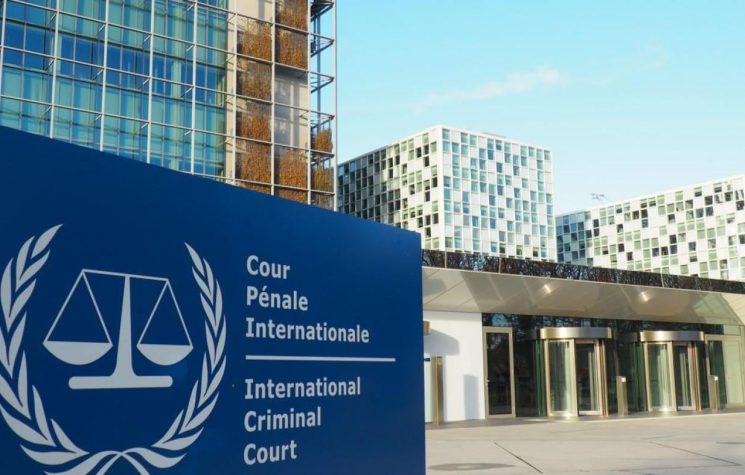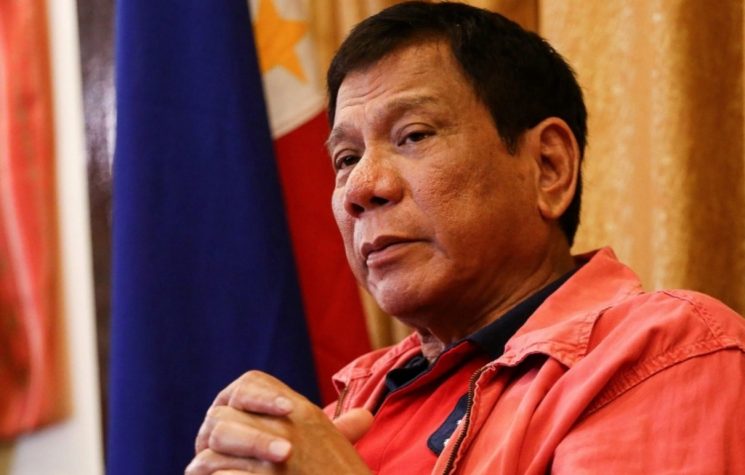The task of all East and Southeast Asian patriots is to build their common destiny together, free from Bongbong and the 7th Fleet’s drum he and his fellow oligarchs dance to.
Bongbong Marcos’ victory in the recent Presidential elections of the Philippines is not, as NATO’s media insist, a return to the corrupt days of his father’s era, because that corruption never ended and never will end until the societal structures of the Philippines change from top to bottom.
Today’s ongoing nightmare of the Philippines began when the United States annexed the archipelago, following America’s 1898 land grabbing war against Spain. The American colonialists expelled most Spaniards and began a period of economic and spiritual conquest that continues for most Pinoys to this day.
Political power in the Philippines is held by a number of American controlled families. The Marcos family have their power base in the far north of the Philippines and their allies, the Duterte family, which won the big seat last time round, are based in the far south. The Gordon family are based in Olongapo which formerly held the U.S. 7th Fleet and tens of thousands of child prostitutes servicing them. The Aquino family, like the Gordon and Marcos families, are also based in Luzon. As is the Binay family, which is based in downtown Manila.
Younger members of these families obtain law degrees and then, as we’ll see, become mayors in small, provincial cities to cut their political teeth before moving up the food chain and liaising with kith and kin who share the power levers in their bases. Then, when the big national elections come around, they duke it out with other oligarchs for the top prizes.
The Marcos dynasty was unique only in that Ferdinand Marcos held the top seat for so long. When he was forced to flee to his American masters in 1986, because the corruption continued as before, the return to power of his family tribe was totally predictable. That is because the lop sided dice that are politics in the Philippines will leave no other alternatives until the corrosive American influence is eradicated like the cancer that it is.
When Lee Kuan Yew assumed power in Singapore in 1959, he declared that he wanted Singapore to be the new Philippines of South East Asia. He said that, because the Philippines was then relatively wealthy and Singapore was at rock bottom. Today, Singapore is South East Asia’s most successful country and the Philippines is a basket case for most Pinoys. Most of that is due to the stranglehold her American controlled oligarchs retain on the country.
The Philippines thrives on the remittances her overseas workers send home to their families; last year, they remitted a staggering $31.4 billion and life could hardly continue in the Philippines without them. There are over 1 million Pinoys in Saudi Arabia alone and, should they ever be expelled, their families and the parasites, who live off the economic apparatus built around them, would be in very dire straits.
The Philippines also has an excellent system of transferring money within the country as so many of its citizens depend on financial transfers of even tiny amounts from family members who have work. So dire is the situation for so many that pagpag, food recycled from rat infested rubbish tips, is the best many can afford.
This is not to say that most Pinoys are on the bread line. They are not but they are never far from it. Because, for example, sugar, one of her main crops, is a traditionally volatile crop, most of her small farmers live in debt, from one bad harvest to the next. They have no chance of building capital and the best they can hope for is to raise their children for export, in return for remittances.
Although Japan has long been the largest investor in infrastructure in the Philippines, even her ambassador was forced to say that endemic corruption makes it an almost hopeless case. Then there was the infamous case of the Germans building a third terminal at Manila airport and not getting paid for it and judges, who ruled in favor of the Germans, being assassinated. The problem, as ever, lies with the systematic corruption the Americans engendered and their oligarchs typify.
But that brings us, if not quite to the elephant in the room, to the big Chinese dragon sailing off the coast of the Philippines, which former Davao Mayor and outgoing President Rodrigo Duterte, father of former Davao Mayor and incoming vice Presidential candidate Sara and vice Mayor of Davao, Sebastian, tried to strike a deal with. Although the BBC and other elements of NATO’s media attributed Bonbong’s victory to slick online marketing, that baloney could only wash if the Americans were passive observers in this country they have systematically ravished since 1898.
Philippines-China relations have recently been dominated by the territorial disputes in the West Philippine Sea, which have escalated since the April 2012 naval stand off over the Scarborough Shoal, China’s establishment of military bases on the atolls of the Spratly Islands and the January 2013 attempts of the government of the Philippines to find redress from China under the United National Convention on the Law of the Sea.
Given those crucial disputes where America’s powerful 7th Fleet is not a passive observer, one has to assume the USA played its usual devious role in those recent elections. Further, as the CIA will also have noted not only the sheer scale of trade between China and the Philippines, but that an exponential growth in that trade, as part of China’s Belt and Road Initiative, is essential to fulfil the manifest destiny of both China and, more to the point, the Philippines, Uncle Sam’s paw marks would have to have been all over those elections.
As if on cue, NATO’s Sinophobic Associated News is warning us that Bongbong’s overwhelming mandate is a threat to democracy and human rights, Reuters is warning us that Bongbong’s mandate is a victory for Chinese authoritarianism and, just to hammer home how American style democracy works, Foreign Policy is warning Bongbong that he best not cross America’s 7th Fleet if he wants to survive. With American colonialism, plus ça change, plus c’est la même chose.
The path to salvation for the Philippines does not lie with the gunboat diplomacy of the 7th Fleet or its NATO or Five Eyes off shoots. It lies through building economic and military relations, based on mutual respect, with China, Japan and all its ASEAN neighbors. The Philippines must throw off the shackles of American colonialism and all of those oligarchal families who benefit from America’s exploitation of its natural and human resources. America’s economic and social control must now end and be seen to end.
When Bongbong and his family were scurrying off with their loot to Hawaii, Cardinal Jaime Sin of Manila correctly quipped that People Power had rid the Philippines of (one) Ali Baba but not of the 40 thieves. But, as the Philippines cannot rid themselves of these deeply embedded American affiliated gangster families, the best they can do, through Proper People Power, is to make all these parasites redundant by hitching their nation’s future to China’s rising star and following the example of Singapore’s Lee Kuan Yew.
Though it is a hard task, it is not an impossible one and it is one the Philippines shares with all of America’s other neo-colonies, including Spain’s former Latin American colonies, which Uncle Sam has also ravaged since its fascistic 1823 Monroe Doctrine and where blowback against American colonialism is a constant due, in part, to the broadly similar socio-economic inheritance of Latin America’s republics. The United States and its Five Eyes allies have long exploited East and South East because of the lack of any similar framework there. The task of all East and Southeast Asian patriots is to hasten the inevitable birth of that framework, to exclude the Five Eyes from hijacking it and to build their common destiny together, free from Bongbong and the 7th Fleet’s drum he and his fellow oligarchs dance to.








